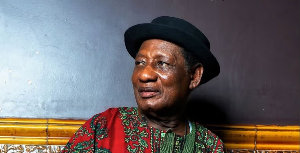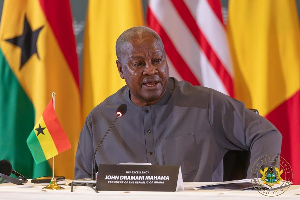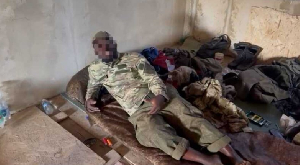The directive for students of public tertiary institutions to pay their utility bills will take effect from the 2016-17 academic year, despite the widespread protest against it.
According to the Executive Secretary of the National Council for Tertiary Education, Professor Duwiejua Mahama, the decision was long overdue and will not be reversed.
Speaking on the Ultimate Breakfast, Prof Mahama told host Prince Minkah that heads of the various public tertiary institutions should begin to psyche their students to accept the reality ahead.
“The management of these institutions, the Vice Chancellors themselves have long ago advocated for some of these measures, and so as the current year is coming, in anticipation of these things coming, I think it would be a wise thing for them to start engaging them on the way forward.
“It wouldn’t be out of place if they started talking right now that look, get prepared, from next academic year, you are likely to pay for this and this is how much you will pay,” Prof. Mahama stated.
The students have given the government 48 hours to withdraw plans to charge them utility tariffs, but it is unlikely the government will succumb to their request. The students are threatening mass protests across the country starting next week if the government fails to meet their demands.
According to Mahama, “Government’s rationale behind the bills payment by students, will serve as an alternative means to tackle increasing utility debts in public universities and sustain the halls of residence.
“Is it government’s fault that utility bills are so high on campus? I am not too sure it is government’s fault that the bills are that high but when we talk about sustainability, we have advised that as a general policy of providing sustainable for tertiary education, it is important for all the stakeholders to contribute.
“When we talk about stakeholders, we talk about government doing its part, parents and students on one side and industry and then of course the institutions themselves.”
General News of Thursday, 30 April 2015
Source: starrfmonline.com
Students will pay utility bills despite protests – Mahama
Entertainment











